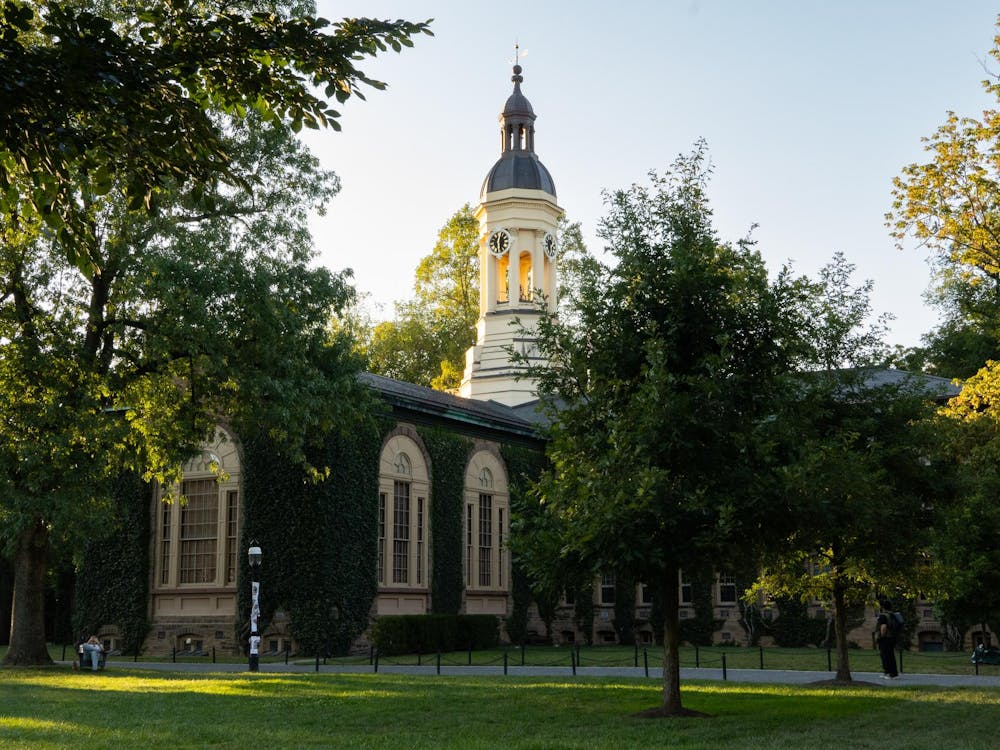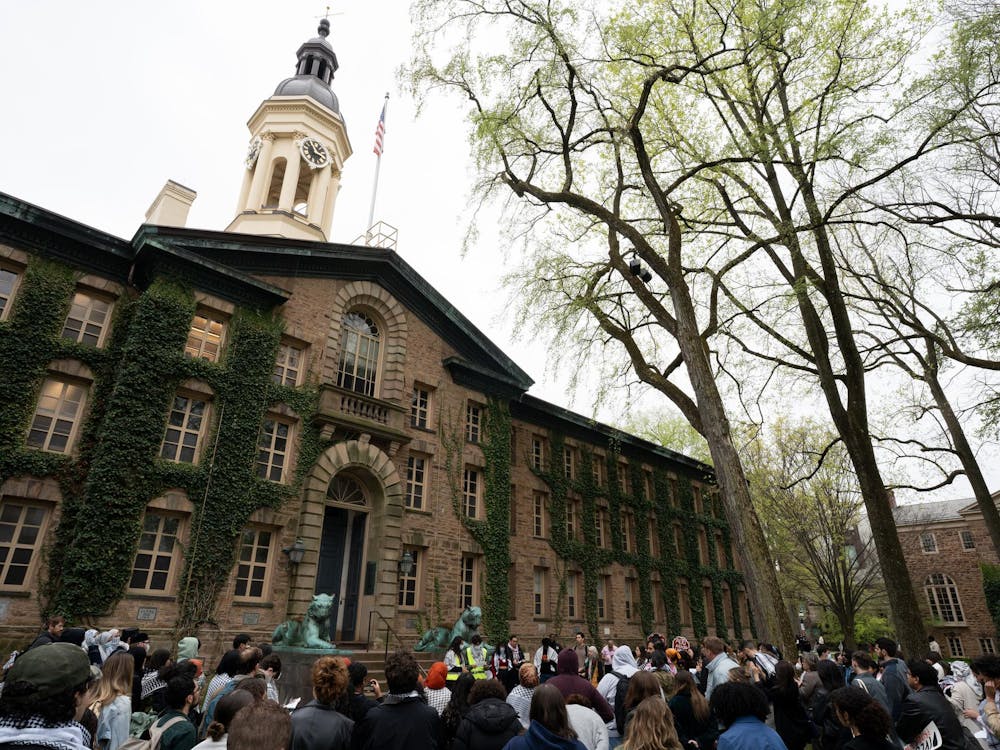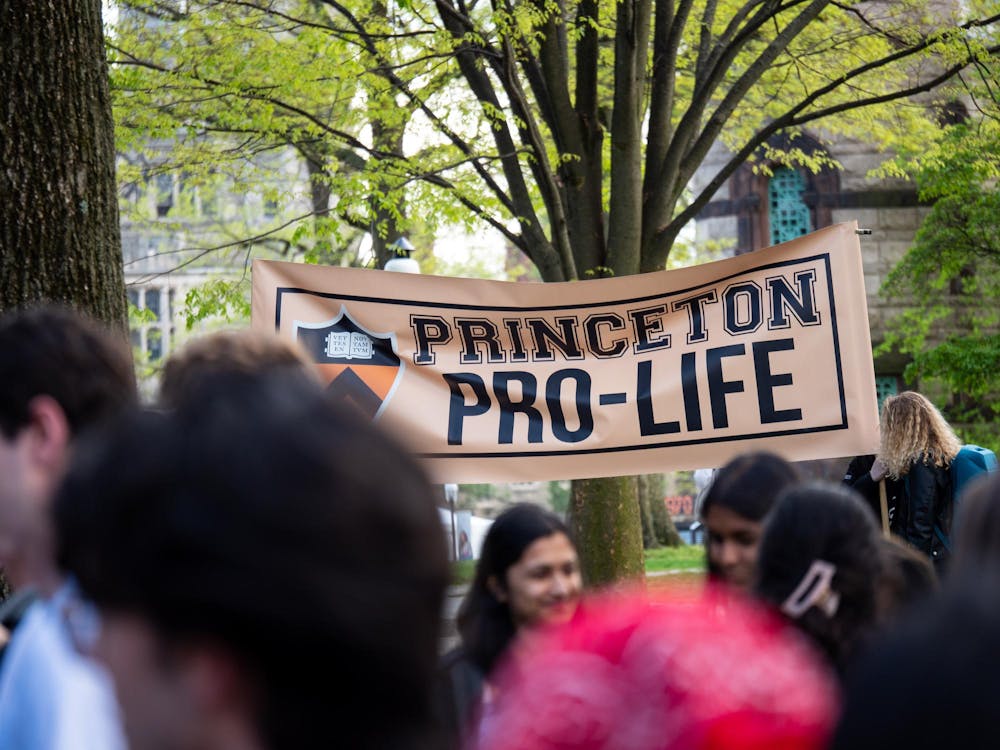Each year, Princetonians leave campus in mid-December with the knowledge that they will return to campus in early January to complete all written work and final examinations for the fall semester. Additionally, juniors and seniors often return in January to pressing independent work deadlines. However, this prolonged break between the end of classes and reading period is also on occasion used by faculty members as an opportunity to assign additional academic assignments and coursework, such as short papers, lab reports, and problem sets. The Board believes that professors should not use winter break as an opportunity to do so but should rather treat the time off as a true "break" from the semester. Additionally, the Board is concerned about the availability of faculty members and preceptors to students completing end-of-term coursework during reading period.
The Board has previously endorsed calendar reform, which would move fall semester examinations from after winter break, in January, to before winter break, in December. We believe examinations after winter break pose a series of unique challenges to students; namely, we believe the impending knowledge of independent work deadlines, Dean’s Date, and final examinations places unnecessary stress on students. As a result of this stress, students who are burdened with excessive workloads may not be able to use the winter break to enjoy valuable time with their friends and family or to focus on their personal and mental health.
Adding to this dilemma are the many Princeton professors for whom it is common to assign further coursework, such as papers and problem sets, over winter break. University policy does not restrict professors from imposing deadlines during the winter break or reading period, nor does it restrict professors in the type of work they may assign, making this kind of behavior somewhat common. Unfortunately, we believe professors' assignment of extra work is problematic, for several reasons.
First, extra work imposes a stress on students to complete their academic work during winter break. When a student faces an academic deadline at the end of December or during the first days of reading period, he or she may feel the need to complete the required work during the winter break. The Board thinks this is inappropriate, as Princeton students already face intense stress during the winter break due to impending end-of-semester work and examinations in January. Assigning additional work further exacerbates this challenge, ensuring that students have little opportunity to avoid work and truly relax during their winter breaks.
Second, students do not have access to the same resources at home in order to complete coursework; these resources would otherwise be available to students during the regular semester. In particular, students do not have access over winter break to the McGraw Center for Teaching and Learning, the Writing Center, or office hours. For some students, these resources are vital to the successful completion of academic work.
Third, there is an unfair lack of parallel between the fall and spring semesters. During the spring semester, professors are strictly limited to a 12-week teaching period, followed by a 10-day reading period. Exploitation of reading period for the completion of regular semester assignments is far less common during the spring semester, perhaps because professors recognize that students have an extremely limited period of time with which to prepare for their spring exams. This same standard should be applied to the fall semester, with winter break not considered as extra working time, but rather as a break that should be free from academic pressures.
In addition, the Board also encourages professors and preceptors to make themselves more available to students during the fall reading period. The Board recognizes that many professors and graduate student preceptors use the three-week winter break and 10-day reading period as an opportunity to complete research off campus. Given this, we recommend that the teaching staff of each course inform its students of their January travel plans in December. For example, if a student knows in December that his or her professor will be traveling in January, that student can choose to plan ahead to meet with the professor before break. Furthermore, the Board believes that either the professor or at least one preceptor of a given course should be on campus during the reading period. Opportunities to meet with professors and preceptors in office hours are an important study tool for students -- the absence of a professor and his or her entire teaching staff during the month of January could impose a serious challenge for many students.
The Board encourages professors to reconsider the role winter break plays in the fall semester calendar. Regular semester work, such as problem sets, lab reports, and short papers, should be assigned and completed during the 12-week semester, and winter break should be left as an opportunity for students to take a real break from the rigors of Princeton. Reading period alone should be used for the completion of final semester work and assignments, and to create the best conditions for student success during reading period, it is essential that course teaching staff are available on campus to assist students.
The Editorial Board is an independent body and decides its opinions separately from the regular staff and editors of The Daily Princetonian. The Board answers only to its Co-Chairs, the Opinion Editor, and the Editor-in-Chief. It can be reached at editorialboard@dailyprincetonian.com.









